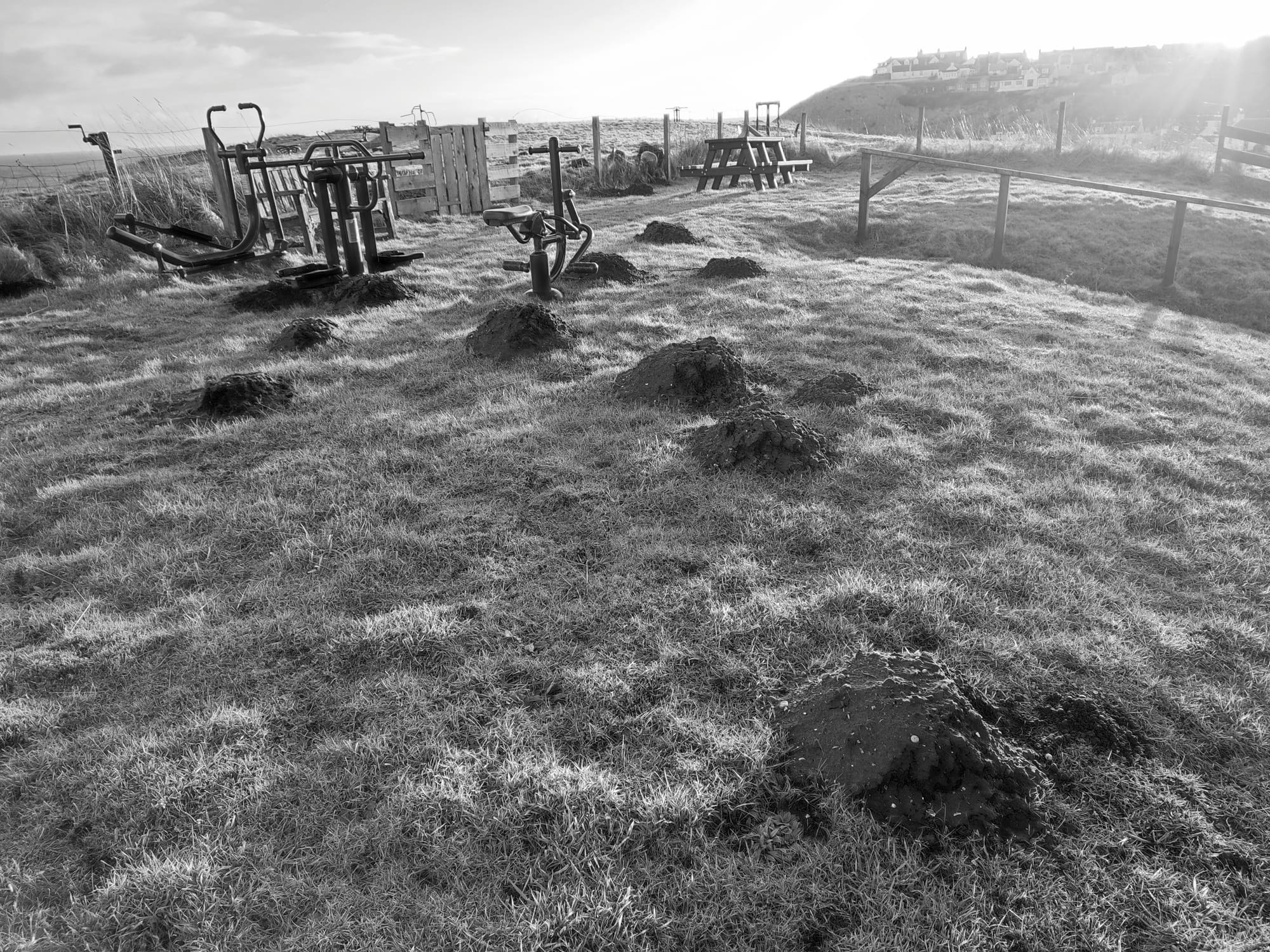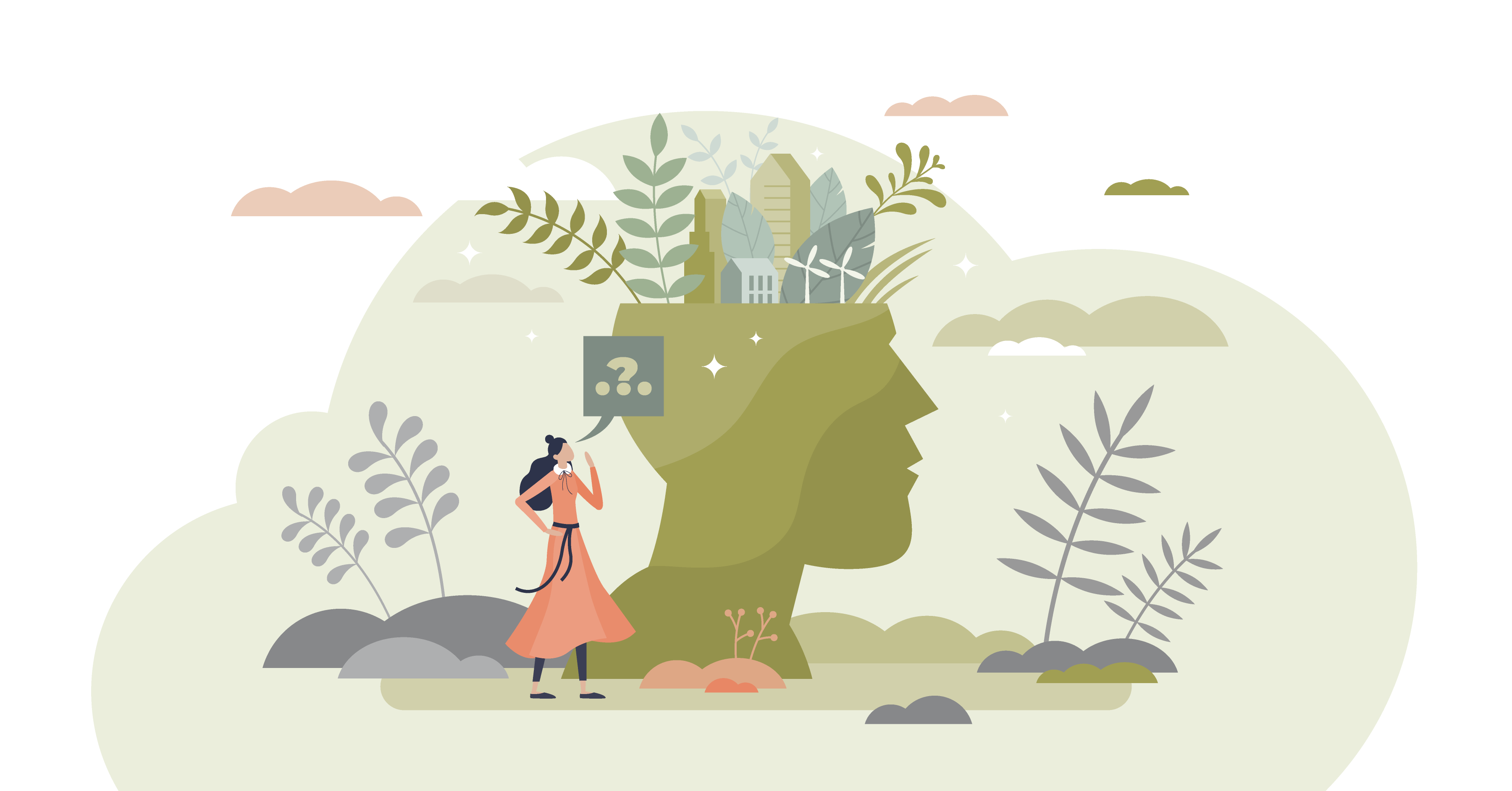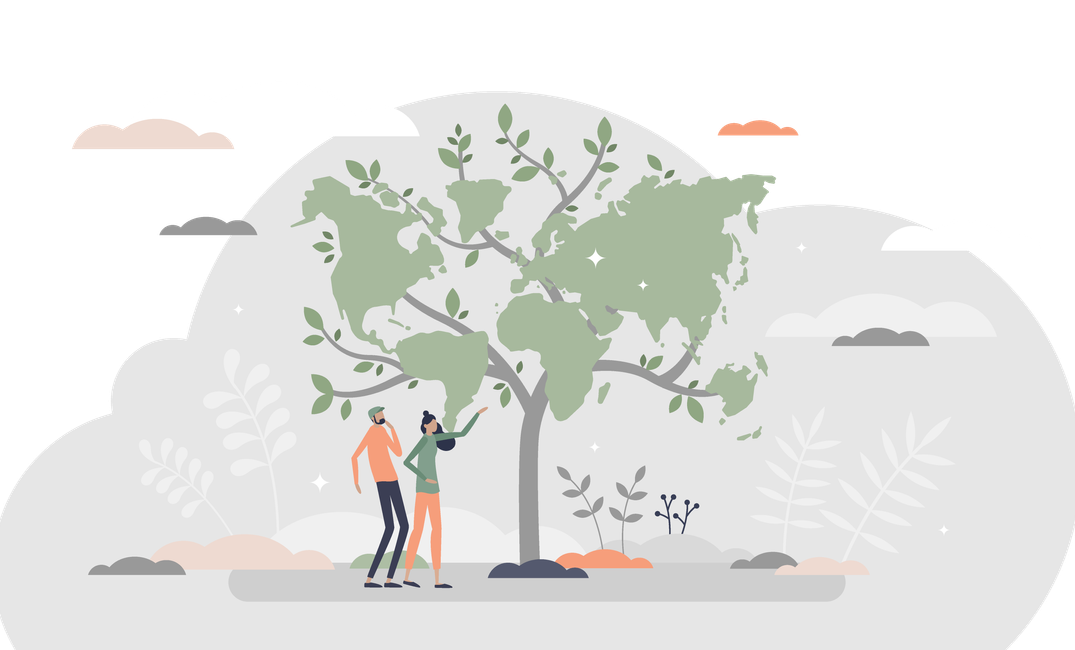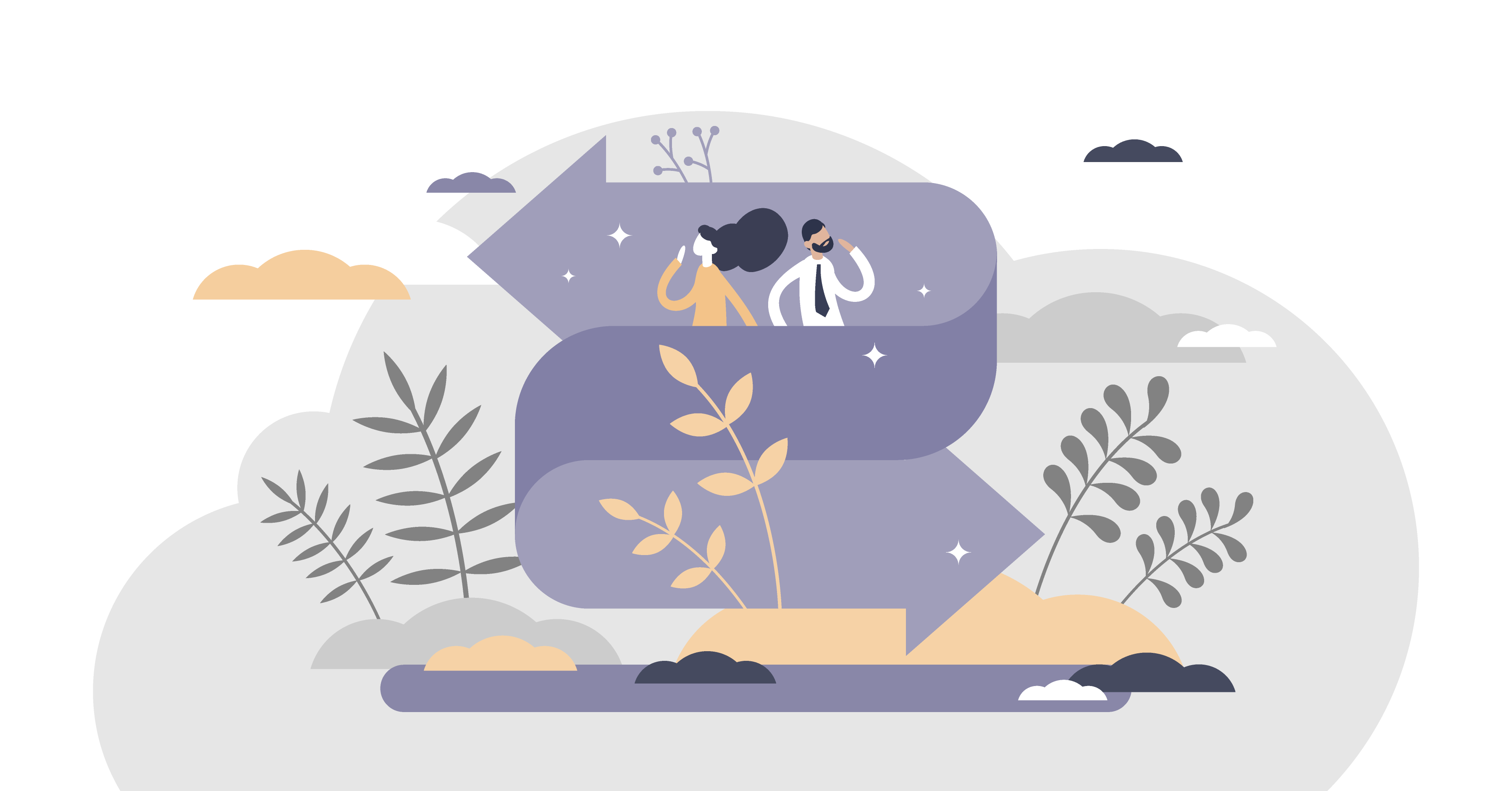Table of Contents
Beavers, you may wonder, what have beavers got to do with this week's research insight?
Insight: Discover your beavers to start engineering your physical and digital landscape
One of my aims of this newsletter is to become more in touch with 'ecology-inspired' learning and self-improvement. On Sunday, I took this photo of some large mole hills outside our local community centre. Given the amount of soil these tiny little critters had excavated on top of the grass, I considered to what extent they could be little underground beavers, fundamentally changing the ecosystem under our feet.

Now beavers are one of nature's coolest animals from an impact perspective. This is because they are known as 'ecosystem engineers' or a 'keystone species'. If you aren't familiar with a 'keystone', it's the final stone placed at the top of an arch so that the entire structure becomes strong and able to bear weight - without it the whole thing collapses.
Now just like in masonry, animals like beavers are particularly important for habitat creation and top down control on other species - they have a disproportionate effect on their environment relative to how many of them you will find. Other keystone species include wolves, cassowarys, sea stars, sea otters and prairie dogs.
As beavers make dams to live in and raise their young, they completely change the landscape. They create complex networks of ponds as they redirect waterways by felling trees and creating dams - all in a days work for them. As a consequence many other species, particularly animals and plants with an aquatic part of their lifecycle, like dragonflies, are heavily influenced by the presence of beavers.
Ever wonder how some people seem to have a bigger impact relative to how often you see them? Or how they influence far beyond what you might expect for just one person?
My question to you is, what are your beavers? What do you do in your life, or can you do with your work and relationships to both:
a. create a strong, stress-bearing structure able to become stronger with lighter loads and resilient under the occasional heavy one, plus
b. influence your environment in such a way, it changes your landscape to support not only yourself, but others too?
Ask yourself what are the keystone events, processes, habits and even objects in your life, which would bring your day crashing down around you without them?
It may take a bit of experimentation to find them or you may know intuitively what they are. By focusing on getting these right, it can help build your ecosystem around you with less effort.
- work better with two computer monitors - make sure you have two
- feel inspired every time you go for a walk - make sure to have one daily
- eat healthier in a tidy kitchen - make sure to keep your kitchen tidy
- dress better when you set out your clothes the night before - you know what to do
- feel happier with inbox zero - work out a way to get and ensure sustainable email management
It's not about the direct impact of the task itself e.g. being 'more productive' with two monitors or 'looking better' with different clothes, it's the keystone effect. They cascade to support a myriad of other good behaviours, habits, feelings and routines down the line.
For me, it's my morning routine and more specifically within that, brushing my teeth and making sure the kitchen is clean before I start the day. Together these two things have a profound effect on how the rest of the day goes. If I have clean teeth, it wakes me up and prevents me from eating a sugary breakfast. If I have a clean kitchen, my mind is free from the stress of knowing I need to do the dishes, plus it clears up the visual space in the most important room in the house.
There are other factors which are essential in my morning routine, but these are the main two trigger or cascading factors for the ecosystem of the day; if I have a decluttered kitchen I remember to take my vitamins (which also profoundly affect how I feel) because I can see them. And how I feel and the mood I'm in, influences the mood of the rest of my family.
Then occasionally when I have a lie in, and the dishes don't get done in the morning, I know my husband will probably empty the dishwasher on that occasion and there will just be a few bits I need to do by hand. As long as I make sure to do them, it will not be a big issue. If I don't do them that day, I know I have time set aside the following day to do them.
So your challenge for this week, should you choose to accept it, is to identify the deceptively simple things that form the landscape of your day and set aside time to make sure they happen. By influencing the landscape of your day, the landscape of life follows!









Comments